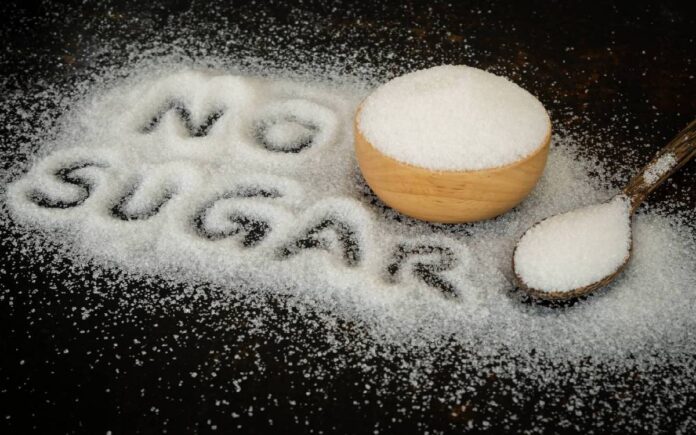New Delhi – In a significant step towards improving public health nutrition, the Central Government has issued an advisory instructing all states and union territories to eliminate the use of refined sugar, foods high in fat, salt, and sugar (HFSS), preservatives, colours, and artificial flavours from the supplementary nutrition provided to vulnerable groups including children, pregnant women, lactating mothers, and adolescent girls.
The directive, issued by the Ministry of Women and Child Development (WCD), follows a comprehensive assessment of the Take Home Rations (THR) and Hot-Cooked Meals (HCM) being distributed across various states and UTs under Mission Poshan 2.0. The ministry observed that several nutrition kits contained high levels of added sugar and salt, raising serious concerns about their long-term health implications.
According to the detailed advisory, accessed by this publication, states have been asked to completely avoid refined sugar and instead use jaggery for sweetening purposes—if needed—but in limited quantities.
“Inclusion of added jaggery should be restricted to less than 5% of total energy to avoid excessive intake of discretionary calories”, stated WCD Deputy Secretary Jyotika in the official document dated April 17.
The advisory emphasized aligning nutritional practices with guidelines set by the World Health Organization (WHO) and the Dietary Guidelines for Indians, reiterating the need to avoid HFSS foods across all age groups. It also suggested that recipes for THR be designed without added salt or sugar, giving recipients the flexibility to customize them based on personal needs or preferences.
Welcoming the move, Dr Arun Gupta, paediatrician and Convenor of Nutrition Advocacy in Public Interest (NAPi), a national think-tank on nutrition, called the advisory a long-overdue intervention.
“For the first time, the WCD ministry has acknowledged that added sugars, salt, and HFSS items in THR and HCM are a real concern. If implemented in letter and spirit, this will protect millions of children, pregnant women, and adolescent girls from diet-related non-communicable diseases”, Dr Gupta said.
He further urged the government to formally define HFSS in supplementary advisories and to consider advising against pre-packaged foods, especially for infants, young children, and adolescents, due to their typically high levels of sugar, salt, and unhealthy fats.
Public health nutritionist Neelmani Singh also praised the initiative, calling it a vital move toward ensuring a healthier future for India’s next generation.
“It’s about protecting them from obesity, diabetes, and other health issues down the road while teaching them to enjoy food that’s good for them”, said Singh, who mentioned writing multiple letters to WCD Minister Annapurna Devi advocating this change.
The guidelines also advised states to reduce the number of sweet-based recipes in morning snacks and hot-cooked meals, further reinforcing the effort to promote healthier eating habits from an early age.
As the country continues to tackle the dual burden of malnutrition and rising non-communicable diseases, this advisory marks a strong policy shift towards nutritional integrity and health-first meal planning under government programs.



